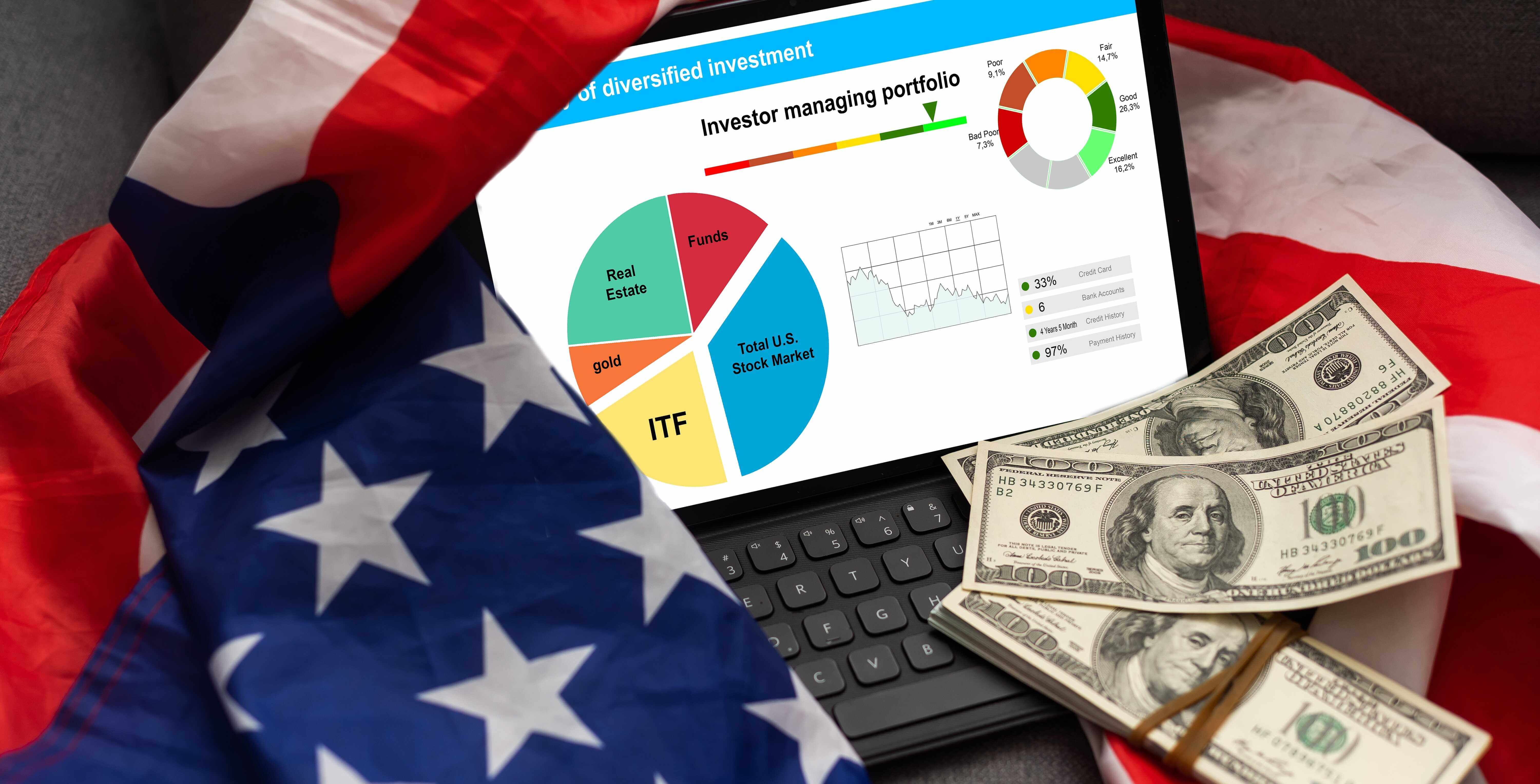Prediction: 2 Stocks That'll Be Worth More Than Nvidia 10 Years From Now

AI chip leader Nvidia (NASDAQ: NVDA) has delivered remarkable performance for investors, with a split-adjusted gain of about 2,470% over the past five years as the AI revolution has kicked into high gear. As of this writing, Nvidia is the most valuable publicly traded company in the U.S. stock market, with a market cap of more than $3.7 trillion.
Don't get me wrong. I don't think Nvidia is a bad stock to buy right now. But I do think that after the current wave of AI investment subsides, the days of exponential stock price growth will be in the past and we'll see a period of somewhat muted gains in the tech giant. At about 33 times trailing-12-month sales, it's fair to say that there's a lot of growth priced into the stock at the current valuation. While nobody has a crystal ball that can accurately predict future market caps of companies, I wouldn't be surprised to see Nvidia have a valuation of about $5 trillion a decade from now.
Where to invest $1,000 right now? Our analyst team just revealed what they believe are the 10 best stocks to buy right now. See the 10 stocks »
If this is correct, there are several stocks that I believe will surpass the $5 trillion level within the next decade. Here are two in particular I think have a good chance of overtaking the AI chip leader within the next 10 years.
2 great businesses with lots of room to grow
It's rare to find a company with not one but two dominant businesses, but Amazon (NASDAQ: AMZN) is in this category. And not only does Amazon lead the market in two completely different businesses, but both also have significant room to grow. If Amazon continues to execute and take advantage of industry tailwinds, its $2.4 trillion market cap could be much higher. I've said in the past that I believe Amazon will ultimately become the first member of the $5 trillion market cap club, and while I said that before Nvidia's massive run, it still wouldn't surprise me.
On the e-commerce side of Amazon's business, the company has a larger market share than its next 10 competitors combined. But that doesn't mean it can't keep growing. E-commerce makes up only about 16% of U.S. retail sales, and this percentage has been steadily climbing for the past couple of decades. Plus, the bulk of Amazon's e-commerce revenue still comes from North America, and the international opportunity is still enormous.
When it comes to the Amazon Web Services (AWS) cloud infrastructure business, it's even more exciting. Amazon doesn't have quite as dominant of a market share as in e-commerce (Microsoft (NASDAQ: MSFT) and Alphabet (NASDAQ: GOOGL) (NASDAQ: GOOG) are the other big players), but the market itself is growing fast. In fact, the cloud computing market is expected to roughly triple in size globally by 2032. Plus, AWS is by far the more profitable side of the business and could fuel double-digit earnings growth for years to come.
Massive profitability with upside potential
Alphabet is best known for its Google subsidiary and has a market cap of about $2.4 trillion as of this writing. With a valuation of just 23 times forward earnings, there's also a solid case to be made that it is the cheapest of the Magnificent Seven stocks right now.
Indeed, this massively profitable industry leader, with a 28% net margin, could be a bargain right now. Its Google Services segment, which includes Search, Gmail, YouTube, Chrome, and most of Google's other consumer-facing products, could be a beneficiary of improving ad revenue in a strong economy, as well as the pro-business and deregulation policies that are likely to come with the incoming Trump administration.
The other segment, Google Cloud, is a direct competitor with AWS, and benefits from the same industry tailwinds. Plus, Alphabet has tremendous financial flexibility to take advantage of growth opportunities, or to opportunistically return capital to shareholders through buybacks or dividends (it is the only stock on this list that is a dividend payer). The company generates bottom-line profits at a rate of more than $100 billion annually, plus it has more than $93 billion in cash and short-term investments on its balance sheet.
3 solid investments
Let's be clear. Whether you buy Nvidia, Amazon, Alphabet, or a combination of the three, I don't think there's any way you can go wrong. These are three extraordinary and well-run businesses, and I'd be shocked if all three aren't worth substantially more in a decade. That said, while the AI hype has pushed all three higher, it has caused a tremendous amount of future growth and profitability to be priced into Nvidia, so I could see these two stocks outperforming as Nvidia's business catches up to its stock price.
Should you invest $1,000 in Amazon right now?
Before you buy stock in Amazon, consider this:
The Motley Fool Stock Advisor analyst team just identified what they believe are the 10 best stocks for investors to buy now… and Amazon wasn’t one of them. The 10 stocks that made the cut could produce monster returns in the coming years.
Consider when Nvidia made this list on April 15, 2005... if you invested $1,000 at the time of our recommendation, you’d have $858,852!*
Stock Advisor provides investors with an easy-to-follow blueprint for success, including guidance on building a portfolio, regular updates from analysts, and two new stock picks each month. The Stock Advisor service has more than quadrupled the return of S&P 500 since 2002*.
*Stock Advisor returns as of January 6, 2025
Suzanne Frey, an executive at Alphabet, is a member of The Motley Fool's board of directors. John Mackey, former CEO of Whole Foods Market, an Amazon subsidiary, is a member of The Motley Fool's board of directors. Matt Frankel has positions in Amazon. The Motley Fool has positions in and recommends Alphabet, Amazon, Microsoft, and Nvidia. The Motley Fool recommends the following options: long January 2026 $395 calls on Microsoft and short January 2026 $405 calls on Microsoft. The Motley Fool has a disclosure policy.


